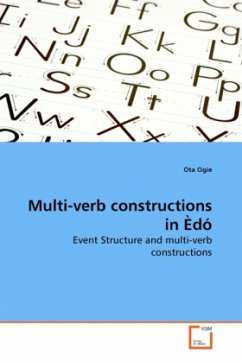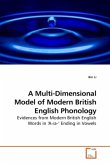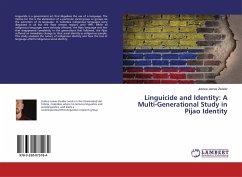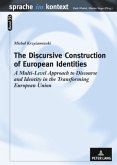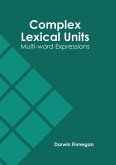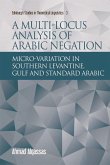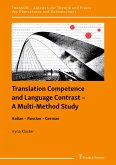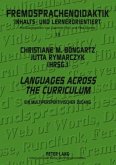Multi-verb constructions provide useful insight both into the question of how languages distinguish between adjunction and complementation and how events are segmented as well as the mapping of form to meaning. The identification of events and their licensing in multi-verb constructions as well as the derivation of multi-verb constructions have been of particular research interest. This book addresses these issues and provides analysis of event composition, temporal relations, tense and tones in multi-verb constructions in Èdó, a Benue-Congo language spoken in Mid-Western Nigeria using the Head Driven Phrase Structure Grammar, the LinGO GrammarMatrix and Event-Structure frameworks with focus on the syntax-semantics interface. Properties of Èdó multi-verb constructions are situated within typology common to the following Niger-Congo languages: Igbo and Yoruba (Benue-Congo), Gurenne (Oti-Volta), Ga, Baule, Akan and Ewe (Kwa). The findings show that the typological features of a language determine the type of multi-verb construction it licenses. The book should be useful to Linguists,researchers and people interested in languages.
Bitte wählen Sie Ihr Anliegen aus.
Rechnungen
Retourenschein anfordern
Bestellstatus
Storno

